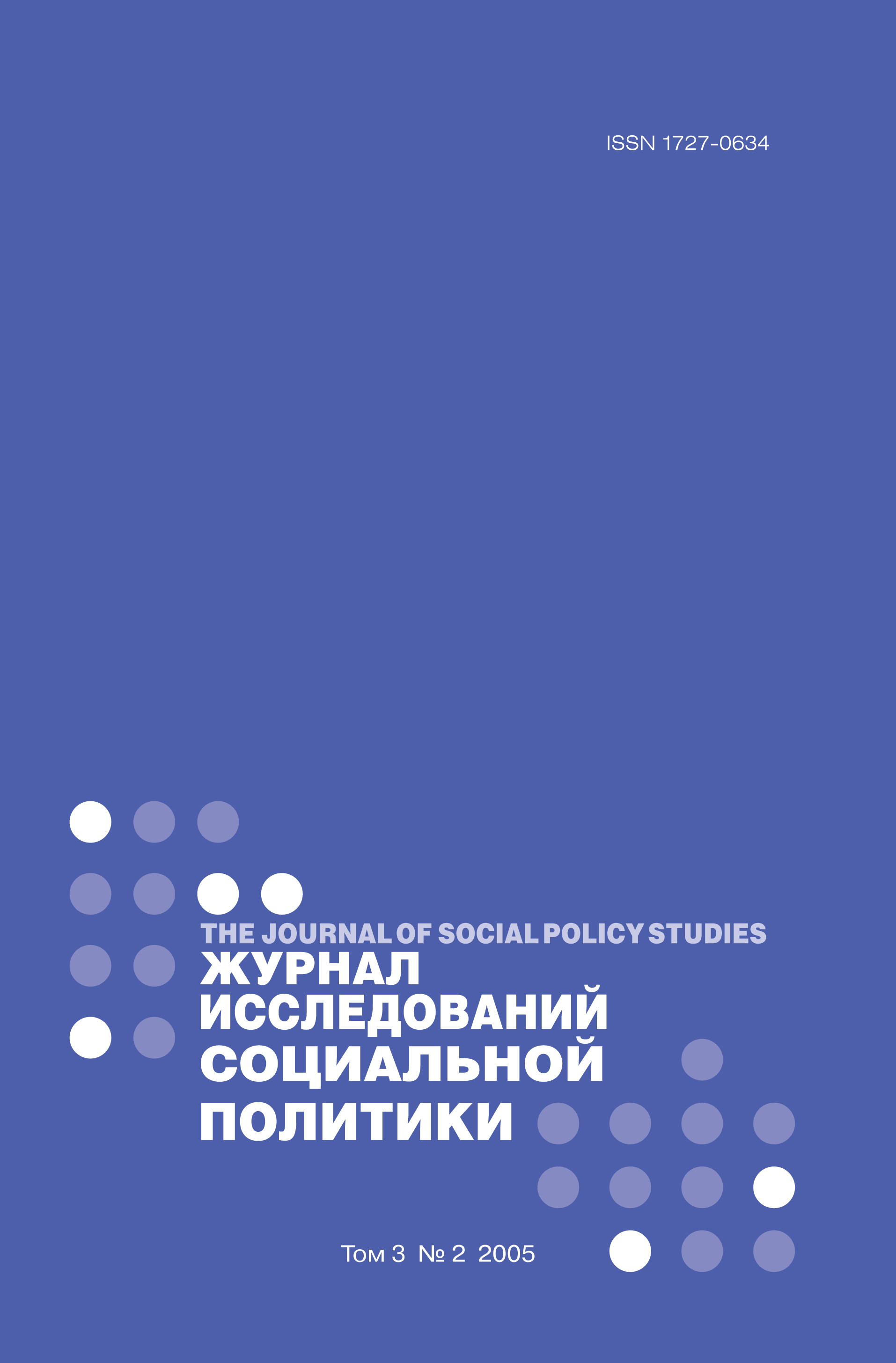Mechanisms of Reproducing the Secondary Social Status of the Disabled in the USSR
Abstract
The concept of disability varies according to cultural, social and political context. Discursive practices that determine attitudes toward disabled people are the products of particular historical epochs. This article analyzes the conception of disability that was typical of Soviet society. We consider political ideology the main factor that influenced official discourse on disability and, correspondingly, social policy on the disabled. This article demonstrates how a strong party state imposes classifications of citizens and social categories on all levels of political influence, descending from ideology through law and professional discourse to the level of everyday interaction. Using the example of an educational institution for the disabled, we analyze the mechanisms through which the secondary social status of the disabled was reproduced in the USSR.















